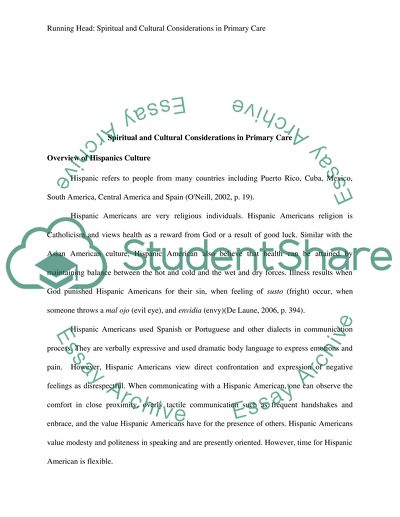Cite this document
(“Spiritual and Cultural Considerations in Primary Care Assignment”, n.d.)
Retrieved from https://studentshare.org/nursing/1430085-spiritual-and-cultural-considerations-in-primary
Retrieved from https://studentshare.org/nursing/1430085-spiritual-and-cultural-considerations-in-primary
(Spiritual and Cultural Considerations in Primary Care Assignment)
https://studentshare.org/nursing/1430085-spiritual-and-cultural-considerations-in-primary.
https://studentshare.org/nursing/1430085-spiritual-and-cultural-considerations-in-primary.
“Spiritual and Cultural Considerations in Primary Care Assignment”, n.d. https://studentshare.org/nursing/1430085-spiritual-and-cultural-considerations-in-primary.


